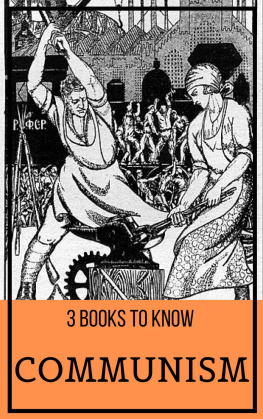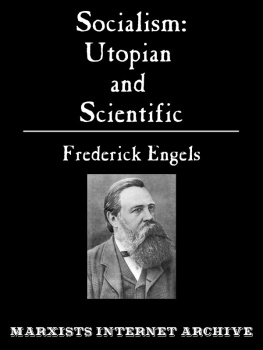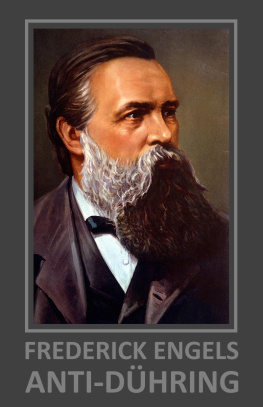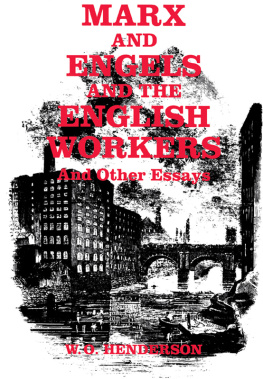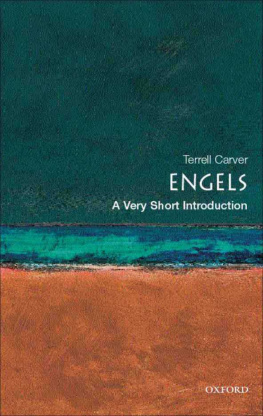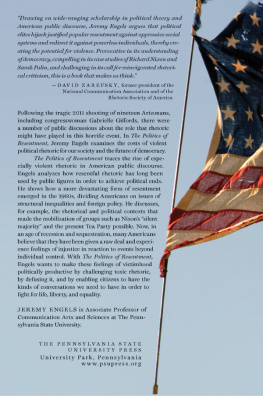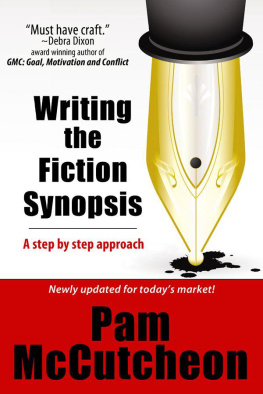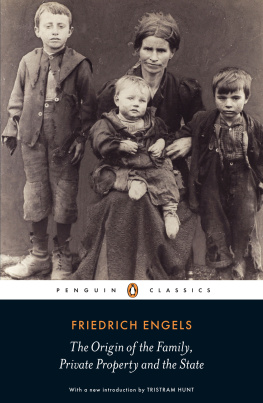Engels - Synopsis of Capital
Here you can read online Engels - Synopsis of Capital full text of the book (entire story) in english for free. Download pdf and epub, get meaning, cover and reviews about this ebook. publisher: Marxists Internet Archive, genre: Romance novel. Description of the work, (preface) as well as reviews are available. Best literature library LitArk.com created for fans of good reading and offers a wide selection of genres:
Romance novel
Science fiction
Adventure
Detective
Science
History
Home and family
Prose
Art
Politics
Computer
Non-fiction
Religion
Business
Children
Humor
Choose a favorite category and find really read worthwhile books. Enjoy immersion in the world of imagination, feel the emotions of the characters or learn something new for yourself, make an fascinating discovery.

- Book:Synopsis of Capital
- Author:
- Publisher:Marxists Internet Archive
- Genre:
- Rating:5 / 5
- Favourites:Add to favourites
- Your mark:
- 100
- 1
- 2
- 3
- 4
- 5
Synopsis of Capital: summary, description and annotation
We offer to read an annotation, description, summary or preface (depends on what the author of the book "Synopsis of Capital" wrote himself). If you haven't found the necessary information about the book — write in the comments, we will try to find it.
Synopsis of Capital — read online for free the complete book (whole text) full work
Below is the text of the book, divided by pages. System saving the place of the last page read, allows you to conveniently read the book "Synopsis of Capital" online for free, without having to search again every time where you left off. Put a bookmark, and you can go to the page where you finished reading at any time.
Font size:
Interval:
Bookmark:
Synopsis of Capital
Frederick Engels
Written : by Engels in 1868;
Transcribed by : Zodiac in 1993;
HTML markup by :
- Content
- Introduction
This is a synopsis of Capital, Volume I , written by Engels in 1868. Upon Capital 's release, Engels began constructing a comprehensive summation.
On April 17, 1868, he wrote Marx: "I have a limited time at my disposal and the summarising of your book requires more work than I thought; after all, once having taken up the work, I must do it properly...." Engels' synopsis serves two useful contributions: First, Engels was a far more rapid writer than Marx, and more readable. Second, Engels could distance himself from the massive web of ideas without "losing his place in it", and identify primary points to be made.
Engels could achieve this because he was intimately involved with the production of Capital . Marx forwarded sheets to Engels as they were printed; Engels sent back his impressions and thoughts.
This text was published in Fortnightly Review. Engels only summarized the first four chapters of Volume I of Capital .
NOTE: In the first edition, Volume I was divided into six chapters. Subsequent editions renamed these chapters "parts". The 5th chapter was broken into two parts; so that a total of seven parts resulted. The four chapters summarized by Engels therefore correspond to the first four parts of Capital as found today. Also note Marx made additions and alterations to the text in subsequent editions. For example, Marx did not dwell in the 1st chapter/part (Commodities) on value and exchange-value so Engels' synopsis doesn't deal with that subject, which is today integral to chapter one.
In the Progress Publishers introduction, we find:
The reviews and the synopsis made by Engels are inestimable aids to the study of Capital . The contents of Capital are given for the greater part in Marx's own words.
The centre of gravity, in the synopsis, as well as in the reviews, lies in the theory of surplus-value , the corner-stone of Marx's economic doctrine. Engels summarized Marx's theory of surplus-value with special care, characterizing in detail the historical circumstances in which the relations of capital exploitation spread, the working class made its first steps in the struggle and the first skirmishes took place between labor and capital.
Engels' synopsis that the transition from one category to another is not a freak of reason but the reflection of the real historic process of development. Keeping to the order of Marx's exposition, he shows how, in the course of historic development, capital emerged on the basis of commodity production, how it subordinated to itself the whole of production, how simple co-operation was replaced by manufacture and this, in turn, by machine production.
- Commodities and Money
- 1. COMMODITIES AS SUCH
The wealth of societies in which capitalist production prevails consists of commodities . A commodity is a thing that has use-value ; the latter exists in all forms of society, but in capitalist society, use-value is, in addition, the material depository of exchange-value.
Exchange-value presupposes a tertium comparationis by which it is measured; labor, the common social substance of exchange-values, to be precise, the socially necessary labor-time embodied in them.
Just as a commodity is something twofold: use-value and exchange-value, so the labour contained in it is two-fold determined:
- on the one hand, as definite productive activity, weaving labour, tailoring labour, etc. "useful labour";
- on the other, as the simple expenditure of human labour-power, precipitated abstract (general) labour.
The former produces use-value, the latter exchange-value; only the latter is quantitatively comparable (the differences between skilled and unskilled, composite and simple labour confirm this).
Hence, the substance of exchange-value is abstract labour and its magnitude is the measure of time of abstract labour. Now, to consider the form of exchange-value.
(1) x commodity a = y commodity b;
The value of a commodity in the use-value of another is its relative value. The expression of the equivalence of two commodities is the simple form of relative value. In the above equation, y commodity b is the equivalent . In it, x commodity a acquires it value-form in contrast to its (the commodity's) natural form, while y commodity b acquires, at the same time, the property of direct exchangeability, even in its natural form. Exchange-value is impressed upon the use-value of a commodity by definite historical relations. Hence, the commodity cannot express its exchange-value in its own use-value, but only in the use-value of another commodity. Only in the equation of two concrete products of labour does the property of the concrete labour contained in both come to light as abstract human labour i.e. , a commodity cannot be related to the concrete labour contained in itself, as the mere form of realization of abstract labour, but it can be so related to the concrete labour contained in other kinds of commodities.
The equation x commodity a = y commodity b necessarily implies that x commodity a can also be expressed in other commodities, thus:
(2) x commodity a = y commodity b = x commodity c = u commodity d = u commodity e = etc., etc.
This is the expanded relative form of value. Here, x commodity a no longer refers to one, but to all commodities as the mere phenomenal forms of the labour represented in it. But, through simple reversal, it leads to
(3) the converse second form of relative value:
y commodity b = x commodity a
v commodity c = x commodity a
u commodity d = x commodity a
t commodity e = x commodity a
etc., etc.
Here, the commodities are given the general relative form of value, in which all of them are abstracted from their use-values and equated to x commodity a as the materialization of abstract labour; x commodity a is the generic form of the equivalent for all other commodities; it is their universal equivalent; the labour materialized in it represents in itself the realization of abstract labour, labour in general. Now, however,
(4) every commodity of the series can take over the role of universal equivalent, but only one of them can do so at a time, since if all commodities were universal equivalents, each of them would in turn exclude the others from that role.
Form 3 is not obtained by x commodity a, but by the other commodities, objectively. Hence, a definite commodity must take over for the role for a time, it can change and only in this way does a commodity become a commodity completely. This special commodity, with whose natural form the general equivalent form becomes identified, is money.
The difficulty with a commodity is that, like all categories of the capitalist mode of production, it represents a personal relationship under a material wrapping. The producers relate their different kinds of labour to one another as general human labour by relating their products to one another as commodities they cannot accomplish it without this mediation of things. The relation of persons thus appears as the relation of things.
For a society in which commodity production prevails, Christianity, particularly Protestantism, is the fitting religion.
- 2. THE PROCESS OF COMMODITY EXCHANGE
A commodity proves that it is a commodity in exchange. The owners of two commodities must be willing to exchange their respective commodities and, therefore, to recognise each other as private owners. This legal relation, the form of which is the contract, is only a relation of wills, reflecting the economic relation. Its content is given by the economic relation itself. (P.45 [84])
Next pageFont size:
Interval:
Bookmark:
Similar books «Synopsis of Capital»
Look at similar books to Synopsis of Capital. We have selected literature similar in name and meaning in the hope of providing readers with more options to find new, interesting, not yet read works.
Discussion, reviews of the book Synopsis of Capital and just readers' own opinions. Leave your comments, write what you think about the work, its meaning or the main characters. Specify what exactly you liked and what you didn't like, and why you think so.


